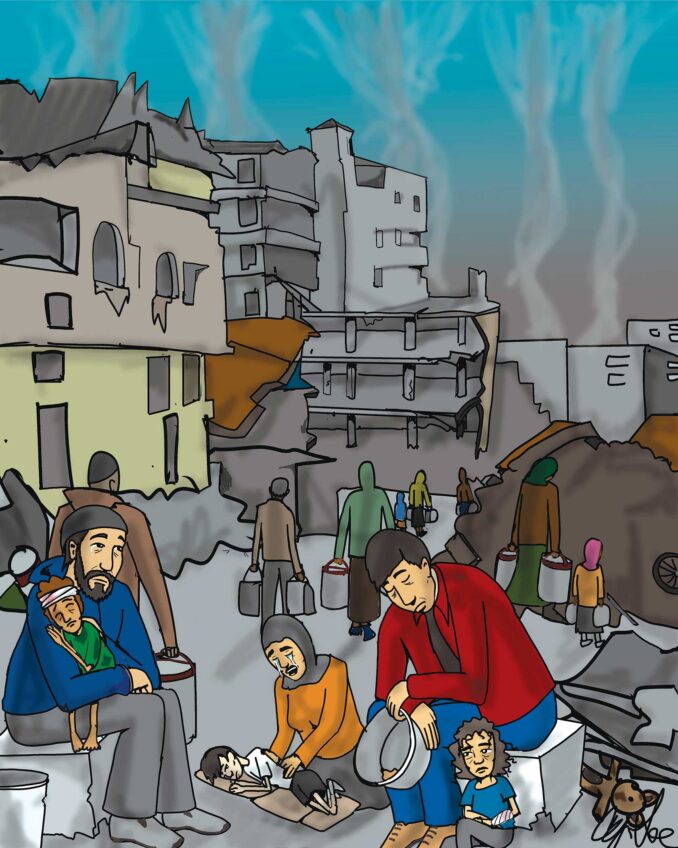Martin Luther King Jr. was universally respected because his philosophy was based on nonviolence. That worked out well, because at 5-foot-7, Dr. King would have had some difficulty assuming the characterization of a warlord. Many people who were concerned about the building Black anger were pleased that Dr. King would lead on a peaceful road for social change.
Many people did not understand that while Dr. King had no intention of employing violence against his philosophical foes, he had no intention of securing his own safety in the anticipated civil rights encounters. Before Dr. King left Boston in 1955 to participate in the Birmingham Bus Boycott, he tried to recruit local friends to join him. There was little interest in becoming part of conflict that enjoined the right of self-defense.
It was clear to Dr. King that he had to take an exposed position in the front ranks of civil rights confrontations. He essentially risked his life for the cause. The day before he was assassinated on April 4, 1968, at the age of 39, Dr. King gave a speech that indicated he was aware that the end of his life was imminent.
Nowadays, it is hard to get anyone to stand up for anything, no matter how justified. The progress of social change will be impeded by a reluctance to commit to the necessary effort to understand the issues and do the needed work.
Martin Luther King Jr. is especially deserving of respect. He stepped up and put his own body on the line. How many would do that these days?






